View from The Airport: Dell Technologies World 2019
At long last, Dell is one big happy family


Never let it be said that I can't admit when I'm wrong: before I flew out to Las Vegas for this year's Dell Technologies World show, I wrote that this year's conference may be a safer and less surprising show than last year's, as it's the first one since the company rejoined the public market and thus became beholden once again to the whims of shareholders.
Now we've come out the other side, I think I can say with some degree of confidence that this most certainly was not the case. Over the last three days, CEO Michael Dell has announced a raft of ambitious additions to his company's portfolio of products and services, swinging for the fences with offerings like data centres-as-a-service, numerous hardware updates and a new collection of cloud-adjacent services.
The most persistent connection between all of the announcements made at the show was that the vast majority of them were powered or enabled in some way by VMware. For the past three years, VMware hasn't had an overwhelmingly large role in Dell's show, saving most of its announcements and updates for its own event in August. This year, however, a huge part of the conference was given over to Dell-branded solutions that relied on VMware technology.
To me, this indicates that the two companies are finally starting to operate in true alignment, which is interesting for a number of reasons. Dell and VMware have an unusual relationship; the virtualisation firm joined Dell as part of the merger with EMC, becoming one of the seven businesses that make up the 'Dell Technologies' umbrella brand. However, it's still a publicly-traded company; Dell (the company, not the man) is the majority shareholder with 80% of the stock, but it's not the sole owner which means it doesn't have absolute authority over the decisions made by CEO Pat Gelsinger.
In the past, this has led to what has felt at times like a battle of wills between the two companies. Dell's messaging has focused on pushing the entire family of companies as a cohesive whole, but Gelsinger has seemingly made a point of distancing VMware from this notion to some degree. This week was an exception to this pattern; although there were still elements of tension between the two stances, it felt for the most part like VMware was singing from Dell's song-sheet.
The result is a series of deep and powerful integrations between Dell EMC hardware and VMware software that make Dell an even bigger force to be reckoned with. Given the crucial role VMware plays in most data centres, ensuring that Dell's infrastructure is optimised for VMware (and vice versa) makes it a very compelling proposition indeed.
On the other hand, arguably one of the most significant announcements of the week had nothing to do with Dell. Microsoft CEO Satya Nadella joined Dell and Gelsinger on stage to reveal that full, native VMware support will be coming to Azure. It's one of a scant handful of times that all three executives have appeared onstage together and while the news itself is important enough - it means that Google Cloud Platform is essentially the only type of infrastructure that doesn't support VMware, for one thing - it also indicates just how far Microsoft has come in its efforts to shed its previous mentality of self-sufficiency and adopt a new partner-friendy ethos.
Sign up today and you will receive a free copy of our Future Focus 2025 report - the leading guidance on AI, cybersecurity and other IT challenges as per 700+ senior executives
All in all, this year's Dell Technologies World looks like a rather successful one, showcasing an impressive array of new developments but also a confident and unified company that's boldly pursuing its goals and setting out its stall as one of the biggest names in future-proof infrastructure.
Adam Shepherd has been a technology journalist since 2015, covering everything from cloud storage and security, to smartphones and servers. Over the course of his career, he’s seen the spread of 5G, the growing ubiquity of wireless devices, and the start of the connected revolution. He’s also been to more trade shows and technology conferences than he cares to count.
Adam is an avid follower of the latest hardware innovations, and he is never happier than when tinkering with complex network configurations, or exploring a new Linux distro. He was also previously a co-host on the ITPro Podcast, where he was often found ranting about his love of strange gadgets, his disdain for Windows Mobile, and everything in between.
You can find Adam tweeting about enterprise technology (or more often bad jokes) @AdamShepherUK.
-
 Why a Dell Pro laptop is all you need and more for 2026
Why a Dell Pro laptop is all you need and more for 2026With built-in NPUs and sturdy portability, Dell Pro laptops are a reliable tool for the future of productivity
-
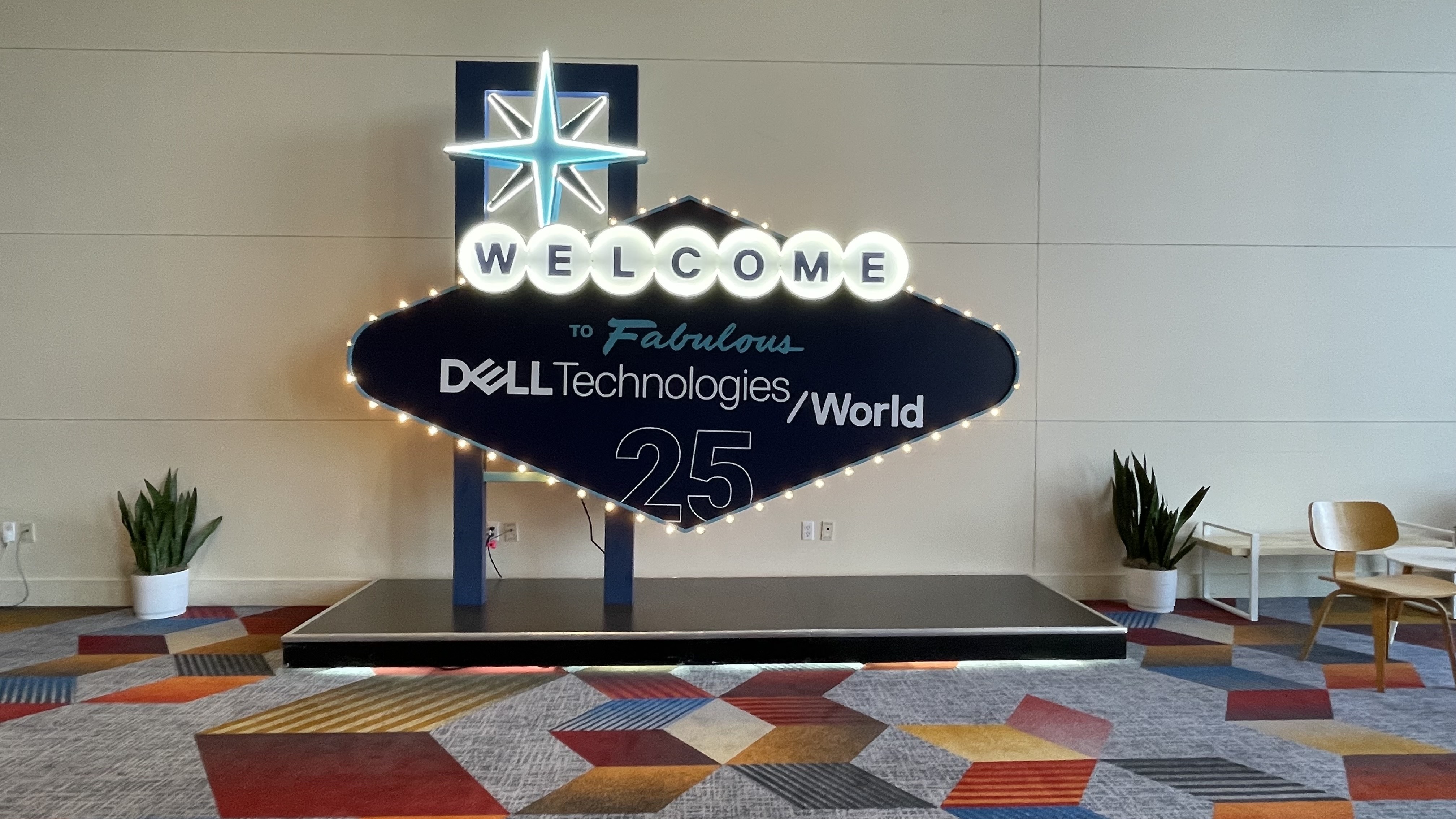 Dell Technologies World 2025 live – all latest news and updates live from the Venetian Conference Center, Las Vegas
Dell Technologies World 2025 live – all latest news and updates live from the Venetian Conference Center, Las VegasKeep up to date with the news and announcements from Day Two of Dell Technologies' annual conference as they happen
-
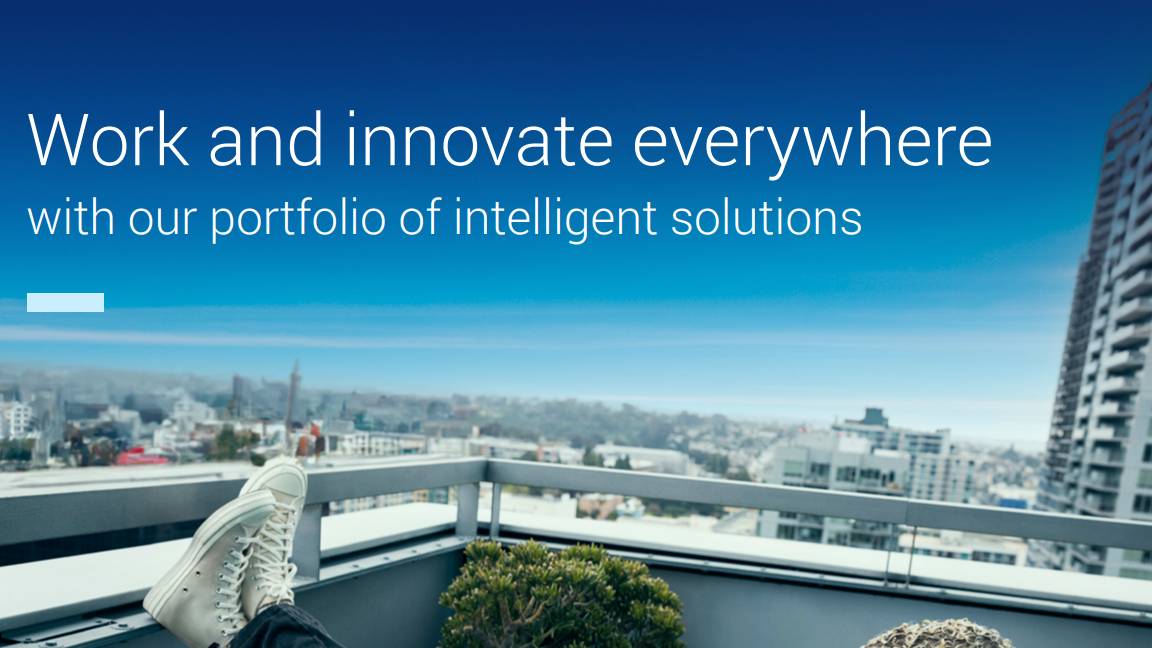 Work and innovate everywhere
Work and innovate everywherewhitepaper Protection across AI attack vectors
-
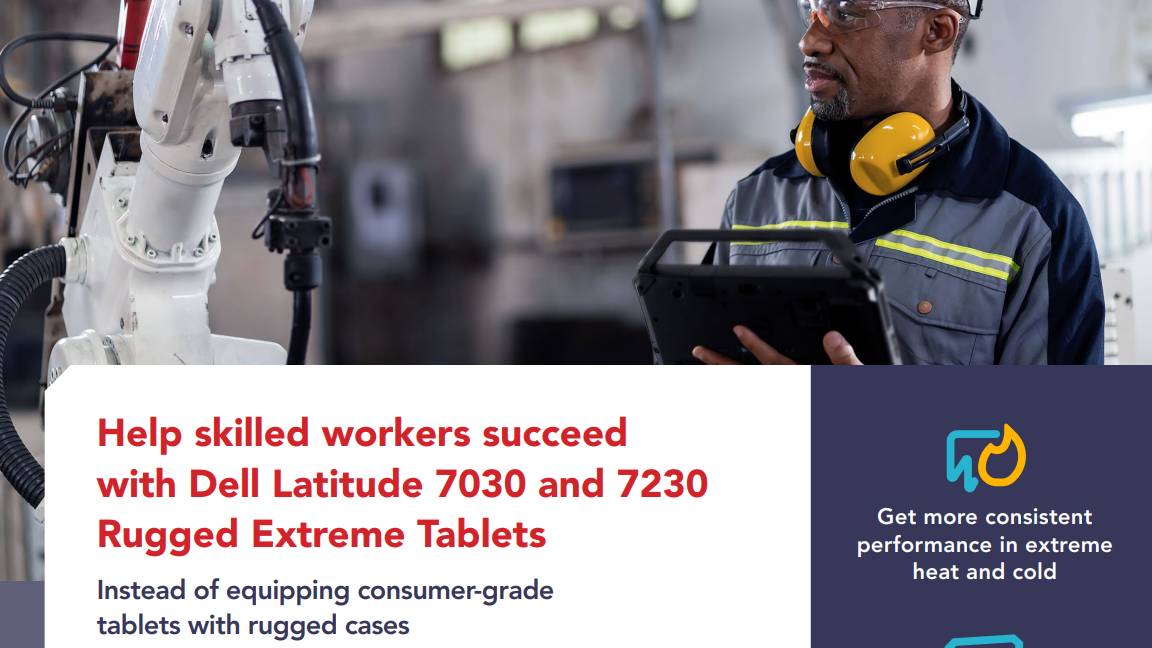 Help skilled workers succeed with Dell Latitude 7030 and 7230 Rugged Extreme tablets
Help skilled workers succeed with Dell Latitude 7030 and 7230 Rugged Extreme tabletswhitepaper Help skilled workers succeed with Dell Latitude 7030 and 7230 Rugged Extreme tablets
-
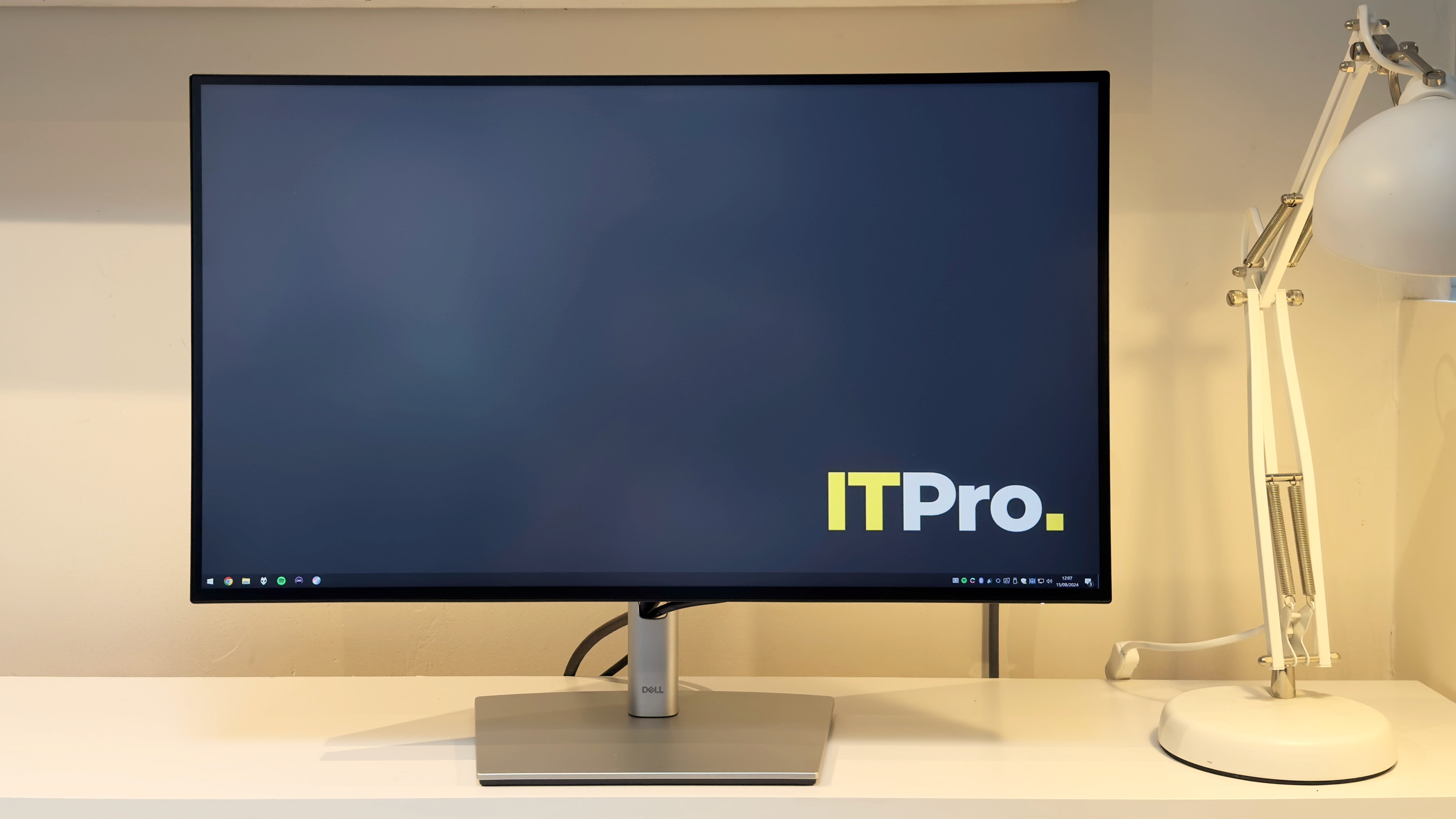
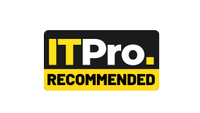 Dell UltraSharp U2723QE monitor review: Feature-packed and 4K – but not quite perfect
Dell UltraSharp U2723QE monitor review: Feature-packed and 4K – but not quite perfectReviews Anyone needing respectable HDR performance or gaming-friendly features such as adaptive sync or high refresh rates should be looking elsewhere, the Dell U2723QE is just not that kind of monitor
-
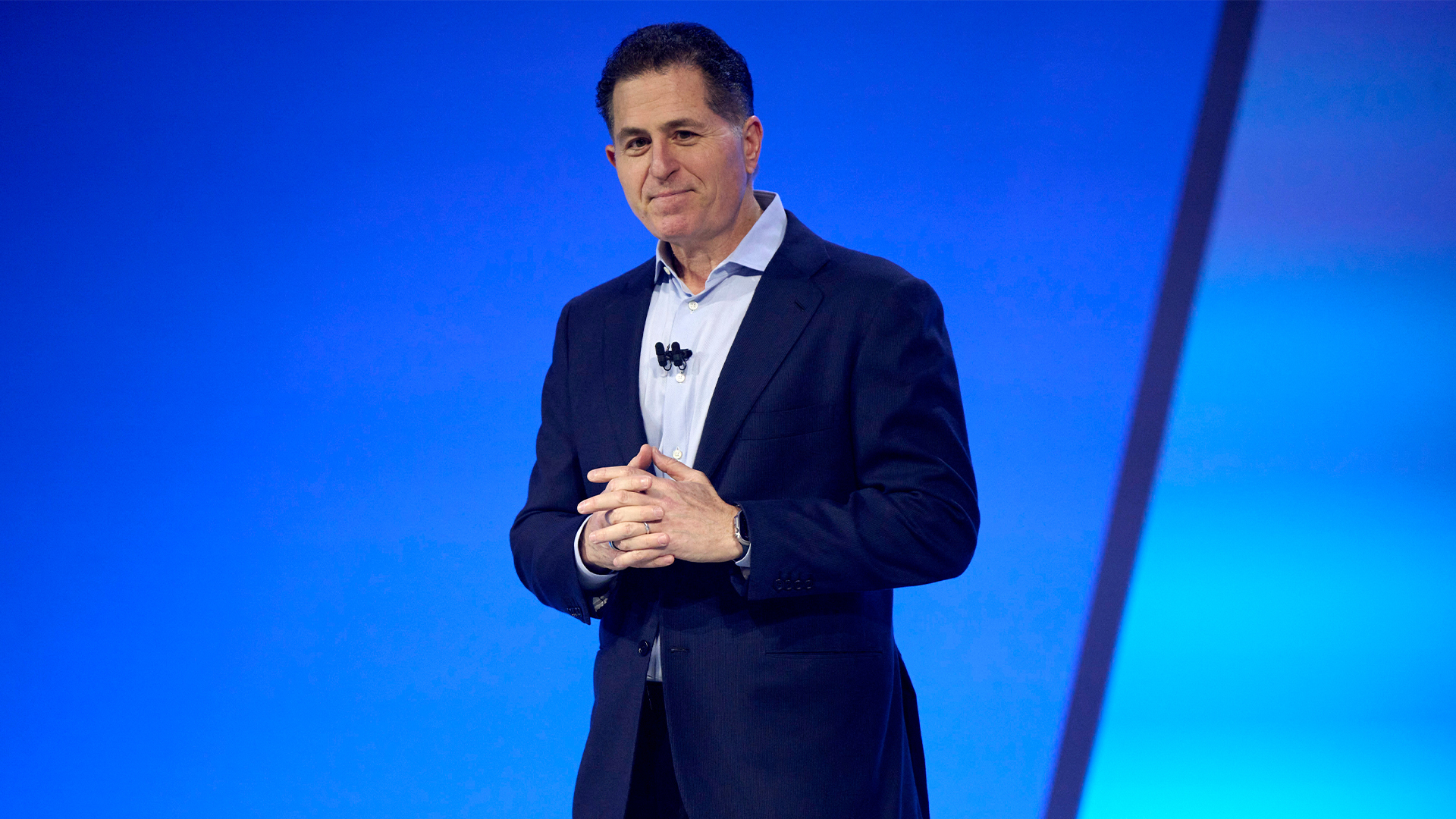 AI is paying dividends for Dell Technologies – booming server sales and rapid networking growth have taken the edge off a rocky period
AI is paying dividends for Dell Technologies – booming server sales and rapid networking growth have taken the edge off a rocky periodNews Despite a troubling period for Dell Technologies, the outlook remains positive amid surging enterprise demand for AI solutions
-
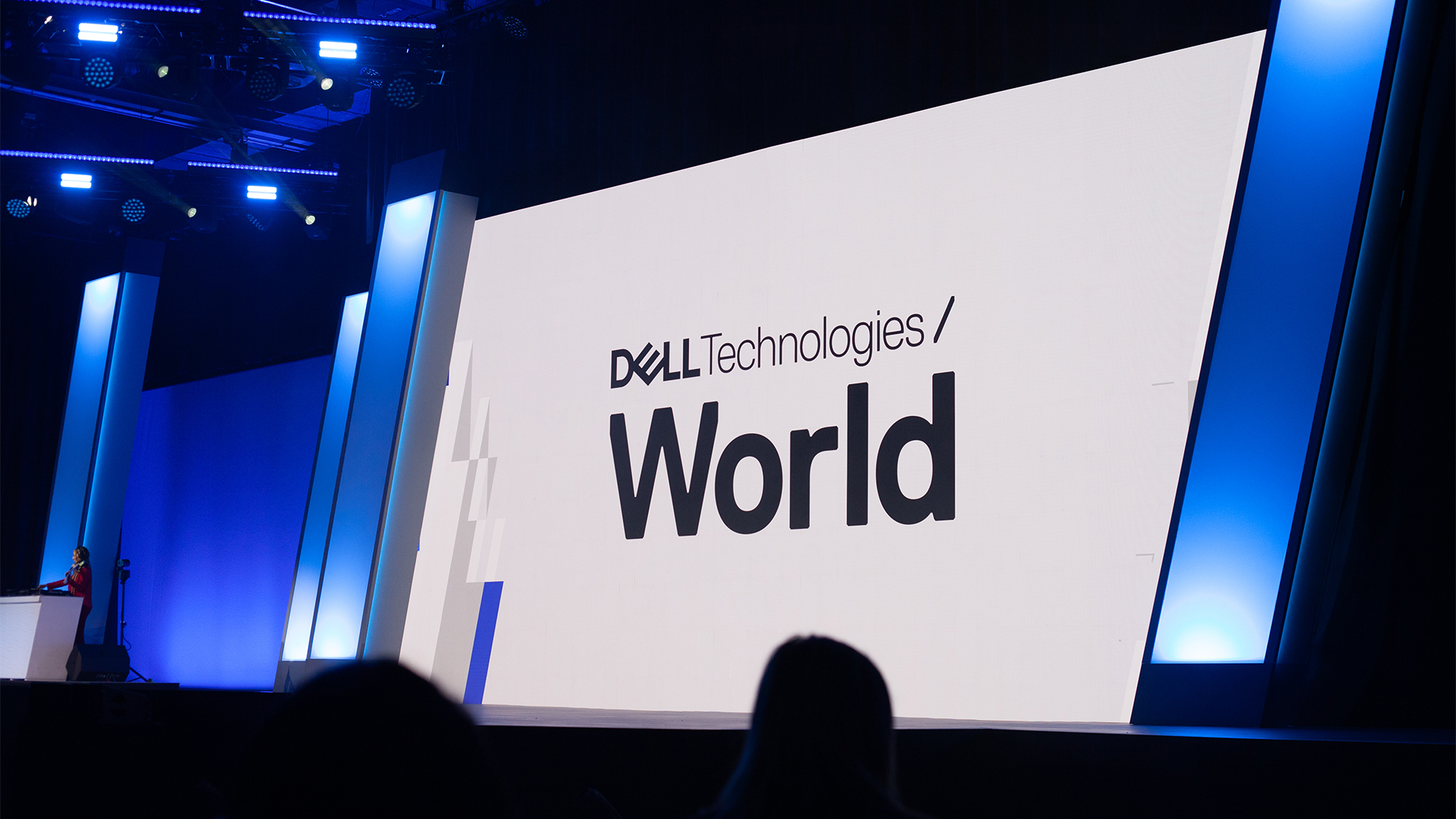 Dell Technologies World 2024 live: All the news and announcements from day-two
Dell Technologies World 2024 live: All the news and announcements from day-twoLive blog It's day-two at Dell Technologies World 2024 and we're live on the ground in Las Vegas - follow our rolling coverage for all the latest news, updates, and announcements
-
 Dell's Spring Sale: The right time to refresh
Dell's Spring Sale: The right time to refreshSave up to 20% off with these limited-time deals on PCs and more


